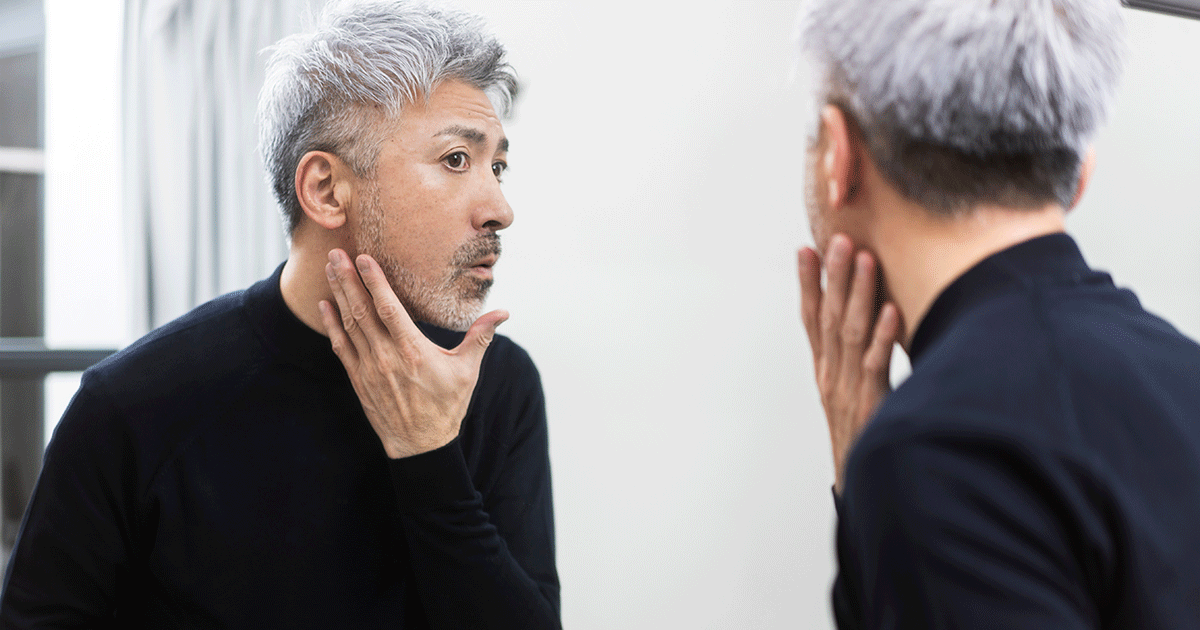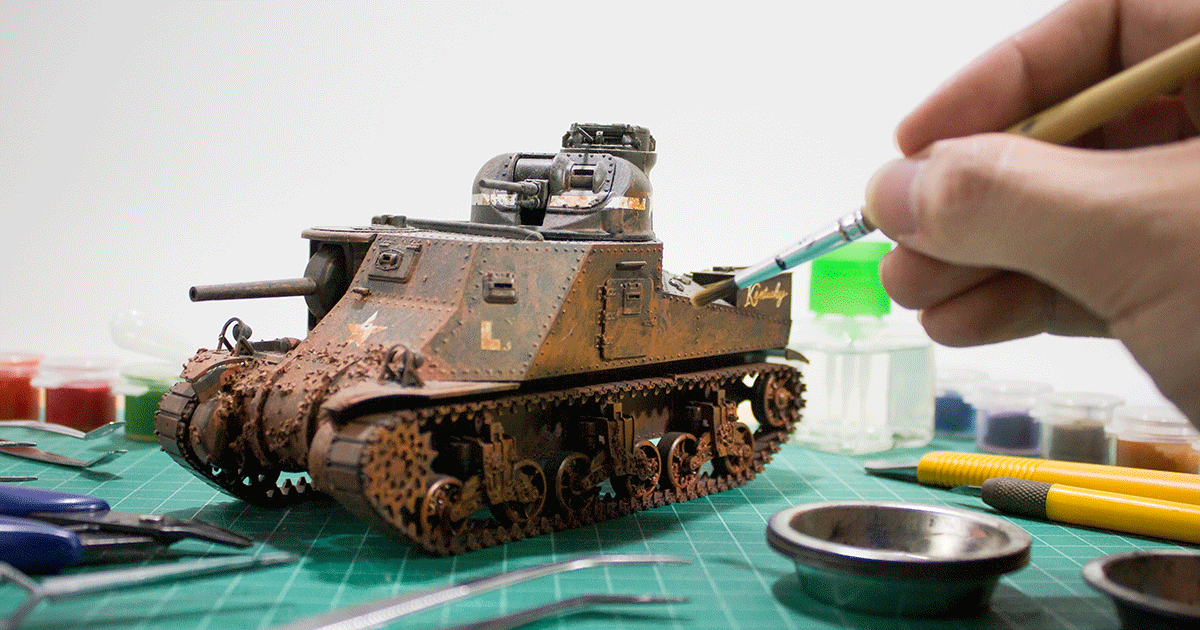和訳例を教えて下さい。
A typical scene in the detective novel finds Dr. Watson, a loyal assistant, walking up the stairsーknowing, from the wild violin sounds he hears, that the great Sherlock Holmes's powers to solve problems are being severely tasted by the case he is working on. Holmes apparently trusted the processes worked together somehow, each helping the other in a way that the author of the stories hints at but doesn't attempt to define.
Einstein also found a way to aid his thinking through violin playing. He may not have been an especially skilled violinist, but that is clearly not important. “Whenever he left that he had come to the end of the road or into a difficult situation in his work,” his elder son has said, “he would engage in music, and that would usually resolve all his difficulties.”
Musical forms, beauty, and patterns took both these geniuses’ minds beyond conventional thinking into an advanced type of thought. In both cases their result-focused minds relaxed somehow, allowing their subconscious minds to guide themーand playing music provided this link between conscious and subconscious. In short, they solved real-world problems by losing themselves in music, specifically in the violin. I would guess that Einstein wasn't a cautious player, either. He attributed his scientific creativity directly to this quality of childlike curiosity. Einstein often said that his most famous theory was also inspired by music, its forms and relationships.
It seems that certain physical actions stimulate the brain, create connections, and speed up thought. We have all had the experience of being literally unable to sit still when we are trying to resolve something in our minds. We pace up and down or shake a leg, almost as if such involuntary motions were needed to move our thoughts forward. Sometimes the mind-body relationship works a bit differently: while taking a long walk or rowing a boat across the lake, just letting our thoughts drift, we suddenly receive from the subconscious, without effort, the solution to a problem that had been troubling us for weeks. I personally know that playing the piano has this effect; maybe it has something to do with both sides of the brain being stimulated by the independent movements of both hands In any case, I have to keep a notebook handy while practicing, because I tend to get the answers to all kinds of questions ranging from the insignificant (where I left the car keys) to the significant (my life goal for the next decade).
This mind-body unity is only one of the rewards to be found in making music, at any level, as an adult. Ironically, far too many adults who study music under the general category of “amateurs” are so modest in their expectations of mastering an instrument that these rewards turn out to be much less than what they might have been.
The paradox is that adult music learners, while they often have the lowest expectations, are in a uniquely excellent position to succeed. Many take up an instrument with warmhearted desire, love of music, leisure time and extra money to support the lessons. Even more importantly, they approach music with more maturity and intelligence. But how much can adults learn if they are constantly comparing themselves negatively to others (children, no less) and feeling guilty about every unmusical wrong note? Add to this the mistaken notion of practice as boring discipline, acceptance of the traditional “no-mistakes” approach to learning, and uncertainly that they have any real talent for music, and they soon find themselves in a state of semi-paralysis of body and mind.
Even the word amateur has conflicts of meaning. While it literally means “lover” in French, it can also carry the connotation of dabbler, a person who is somehow fated never to be very good. To describe someone's work as amateurish usually isn't a compliment. But amateur states can be joyousーembracing free choice, pure love of what one is doing, and endless possibilities for discovery.

























お礼
お礼遅くなって申し訳ございません。 分かりやすい説明ありがとうございました! googoo1956さんのおかげでより深く理解できました。